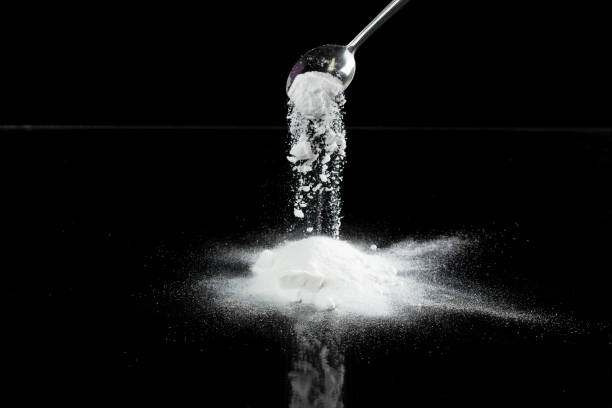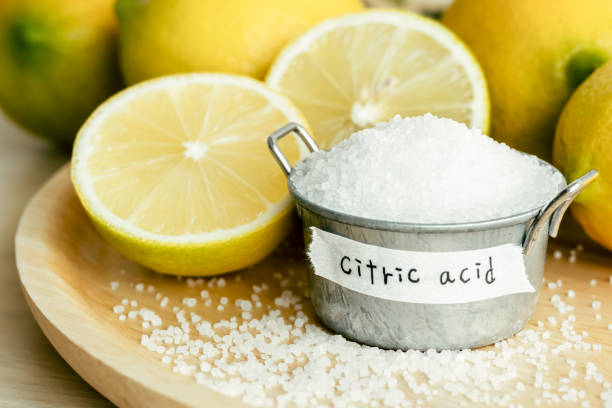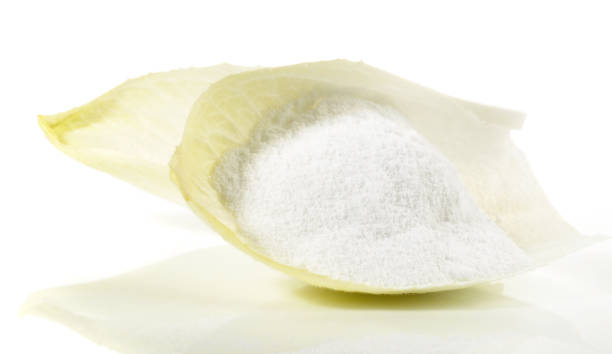What Energy Drinks Have Beta-Alanine?
Energy drinks have become a staple in modern lifestyles. Whether someone is pulling a late-night study session, preparing for a high-intensity workout, or trying to push through a demanding workday, these beverages are often the quick solution for alertness and stamina. Traditionally, energy drinks were centered on caffeine and sugar, but as consumer expectations evolved, so did the formulas. Now, many drinks incorporate ingredients linked to sports nutrition, focus enhancement, and even long-term health benefits.
One such ingredient is beta-alanina, a naturally occurring amino acid that has gained attention in both sports science and the energy drink industry. Unlike caffeine, which gives a quick jolt of wakefulness, beta-alanine works by enhancing endurance, delaying muscle fatigue, and supporting overall physical performance. Its inclusion in energy drinks represents a shift from simply delivering stimulation to offering functional performance enhancement.
So, what energy drinks have beta-alanine? While specific product names vary, the bigger question is: why is beta-alanine in energy drinks at all, what does it do, and who benefits most from it? Let’s explore this in detail.
What is Beta-Alanine?
Beta-alanine is a non-essential amino acid, meaning the body can synthesize it naturally. Unlike most amino acids, beta-alanine isn’t used to build proteins directly. Instead, its primary role is as a building block of carnosine, a dipeptide stored in skeletal muscles.
Carnosine is crucial because it acts as a buffer against lactic acid, the compound responsible for that burning sensation in muscles during intense exercise. When muscles produce energy rapidly, acidity builds up, leading to fatigue. By raising muscle carnosine levels, beta-alanine supplementation helps delay fatigue, allowing for extended periods of high-intensity effort.
This is why athletes, weightlifters, and endurance enthusiasts have long used beta-alanine supplements. Over time, beverage companies recognized the synergy between beta-alanine’s endurance benefits and the instant energy boost from caffeine, leading to its integration into energy drink formulations.
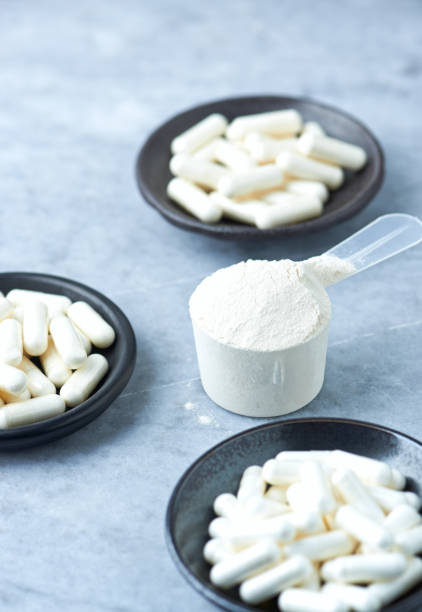
Why Beta-Alanine Appears in Energy Drinks
At first glance, energy drinks might seem more suited to fast-acting stimulants like caffeine or taurine. However, the inclusion of beta-alanine reflects a consumer demand for performance-oriented beverages.
Here are a few reasons why beta-alanine has earned its spot in this category:
-
Synergy with Caffeine
-
Caffeine delivers mental alertness and a temporary energy spike.
-
Beta-alanine extends endurance by reducing muscular fatigue.
-
Together, they provide a mind-and-body performance blend.
-
-
Appeal to Fitness and Athletic Markets
-
Many energy drink consumers are also gym-goers, runners, or active individuals.
-
Including beta-alanine positions the drink as more than just a “sugar rush.”
-
-
Expansion Beyond Sports Nutrition
-
Previously confined to powders and capsules, beta-alanine now reaches a mainstream audience through convenient, ready-to-drink formats.
-
-
Perceived Innovation
-
As the market grows saturated, companies differentiate their drinks by highlighting functional ingredients backed by research.
-
Beta-alanine provides a scientifically validated benefit, making the drink appear more sophisticated.
-
Physiological Effects of Beta-Alanine
Beta-alanine’s appeal isn’t only in theory. Its benefits have been repeatedly studied, especially with exercise and physical endurance.
-
Delaying Fatigue
By increasing carnosine concentration in muscles, beta-alanine reduces the rate at which acidity builds during exertion. This translates to longer sprints, heavier lifts, or extended workout sessions. -
The Famous Tingling Sensation (Paresthesia)
Many first-time users of beta-alanine report a tingling, prickly feeling on the skin, particularly on the face, neck, and arms. While harmless, this sensation signals that beta-alanine is active in the body. In beverages, this effect often becomes part of the experience, giving consumers a tangible feeling that the drink is “working.” -
Enhanced Power Output
Research suggests beta-alanine may improve explosive movements—short bursts of high-intensity effort like jumping, sprinting, or weightlifting. -
Potential Mental Benefits
While less studied, some evidence hints at cognitive endurance improvements. By reducing general fatigue, beta-alanine may indirectly support focus, reaction time, and concentration—all highly valued by gamers, professionals, and students.
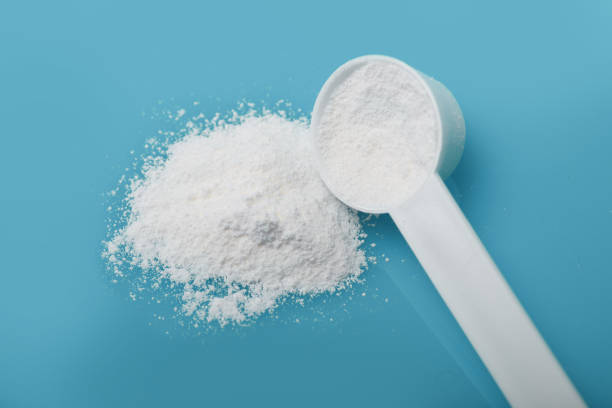
Beta-Alanine Compared to Other Energy Drink Ingredients
Energy drinks often combine multiple compounds. How does beta-alanine fit into this ecosystem?
-
Caffeine – Stimulates the nervous system, sharpens alertness, but may cause jitters or crashes.
-
Tauryna – Supports hydration and cellular function, with a mild calming effect.
-
Kreatyna – Provides rapid energy for muscular contractions, useful in strength training.
-
B-Vitamins – Essential for energy metabolism, though their acute effects are subtle.
-
Electrolytes – Aid hydration, crucial during sweat-inducing activities.
Compared to these, beta-alanine is unique because it specifically targets muscular endurance. Rather than simply masking fatigue or spiking energy, it addresses the physiological process that causes muscles to tire, making it more than just a stimulant.
Types of Energy Drinks That Include Beta-Alanine
Since we’re not naming brands, let’s describe the categories of energy drinks most likely to include beta-alanine:
-
Pre-Workout Beverages
-
Designed for gym sessions and sports.
-
Often contain caffeine, beta-alanine, creatine, and electrolytes.
-
Aim to boost both endurance and strength performance.
-
-
Hybrid Energy + Focus Drinks
-
Marketed to gamers, students, and professionals.
-
Blend nootropics (for brain function) with physical enhancers like beta-alanine.
-
Position themselves as all-day performance boosters.
-
-
Functional Wellness Energy Drinks
-
Combine amino acids, vitamins, and natural extracts.
-
Less aggressive than pre-workout formulas but still features beta-alanine for stamina support.
-
Benefits for Different User Groups
The impact of beta-alanine depends on the lifestyle and needs of the consumer.
-
Athletes – Longer endurance, better training intensity, faster recovery between sets.
-
Gamers & E-sports Competitors – Reduced fatigue during long sessions, improved sustained focus.
-
Students & Professionals – Support for mental endurance during exams, deadlines, or long work hours.
-
Everyday Consumers – More balanced energy compared to caffeine-only drinks, without just a sugar spike.
Side Effects and Considerations
While beta-alanine is generally safe, it’s worth mentioning a few points:
-
Tingling Sensation – Uncomfortable for some, enjoyable for others. Usually harmless and temporary.
-
Dosage Matters – Effective daily doses range around 2–5 grams, but drinks may contain smaller amounts to balance the experience.
-
Not Instant – Unlike caffeine, beta-alanine’s full benefits build over time as carnosine accumulates in muscles. Regular use is more impactful than one-time consumption.
-
Medical Considerations – Individuals with certain health conditions or sensitivities should consult professionals before regular use.
The Future of Beta-Alanine in Functional Beverages
The rise of beta-alanine in energy drinks is part of a bigger trend: consumers want beverages that do more than wake them up. As interest in functional nutrition grows, expect to see more formulations that combine stimulants with performance-enhancing amino acids, adaptogens, and nootropics.
Future possibilities may include:
-
Beta-alanine stacked with cognitive enhancers for sharper dual-action effects.
-
Tailored dosages for athletes vs. everyday consumers.
-
Pairing with natural ingredients to reduce paresthesia.
-
Integration into “clean label” energy drinks for health-conscious buyers.
So, what energy drinks have beta-alanine? The answer isn’t just about product names—it’s about types of drinks designed for performance rather than mere stimulation. Beta-alanine stands out because it targets muscular endurance, setting these beverages apart from traditional caffeine-and-sugar combinations.
For athletes, students, professionals, and gamers alike, beta-alanine-infused energy drinks offer a unique advantage: the ability to push past fatigue, maintain stamina, and extend performance.
As the market continues to evolve, beta-alanine is likely to become even more common, symbolizing the shift from “quick energy” to “functional performance energy.”
Used responsibly, it can be a valuable ally in modern lifestyles where both physical and mental endurance are constantly put to the test.

